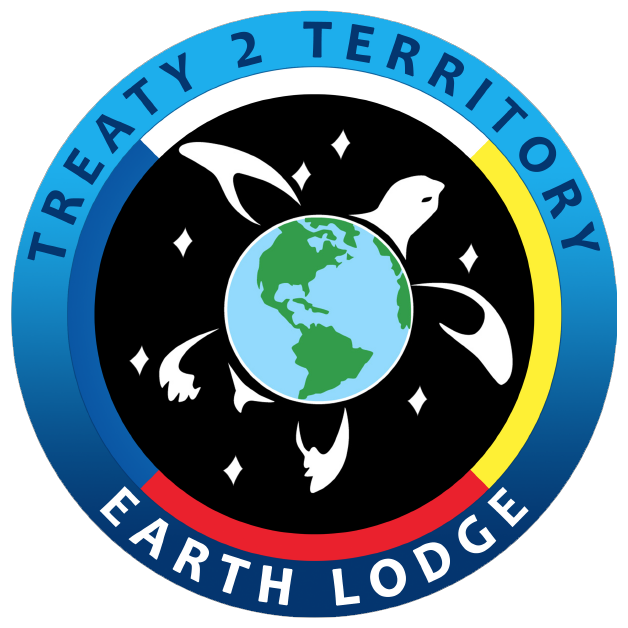FNT2T Life Long Learning Circle visited Manitoba First Nations Education Resource Centre this week. Quality education for First Nations youth reflective of their culture(s) is a common priority for First Nations educators today. Educators, grassroots, family, and community members want and hope for young people to feel connected to their First Nations (Indigenous) identity, history, language, and culture.
First Nations students need to see themselves, their history, and their Nation in the stories that they read and in the learning that they partake in. How can learning support systems continue to assist schools and teachers build on the important work currently being done in First Nations classrooms? At the meeting, Mr. Burston of MFNERC shared a personal story when Elder & educator, the late Ms. Doris Pratt, told him: “Howard, education is never done.” This couldn’t be further from the truth as learning is life long and the work to continuously improve systems will carry forward for many generations.
Cree scholar, educator, and Indigenous language activist, Dr. Verna Kirkness states that Indigenous education should work to “raise the consciousness level of our people. We must ensure that every [First Nations] man, woman and child knows [the history] of their oppression. They must know [the history of]…both residential schools and day schools; how the Indian Act has conspired to destroy our identity; and how all this has contributed to the weakening of Our People and their communities.”
The work, the learning, will continue.
